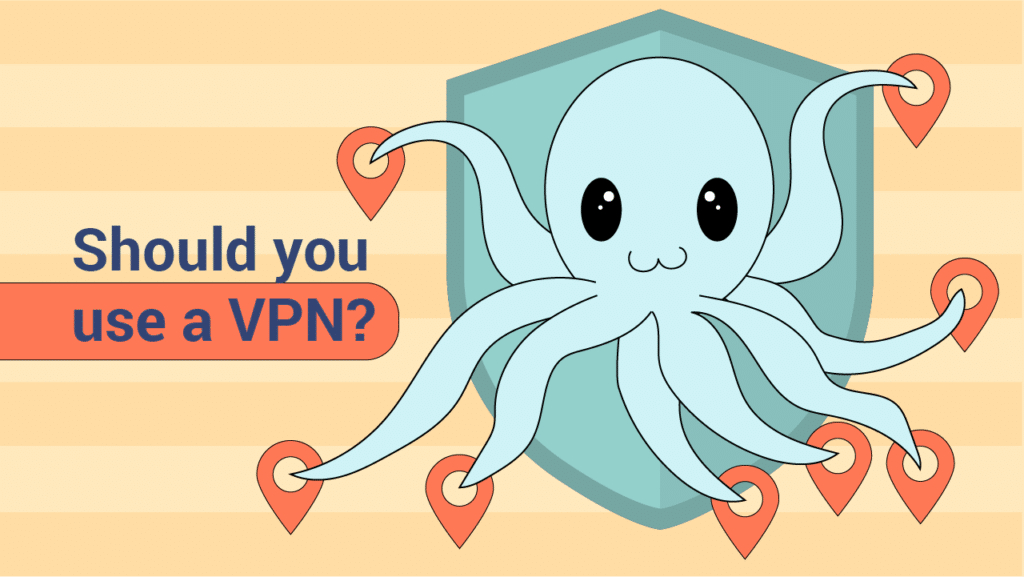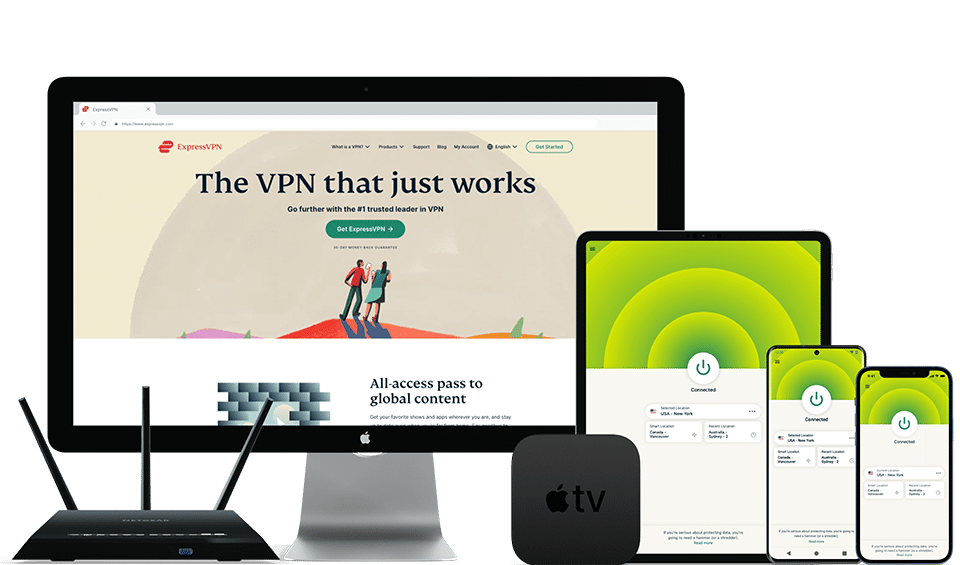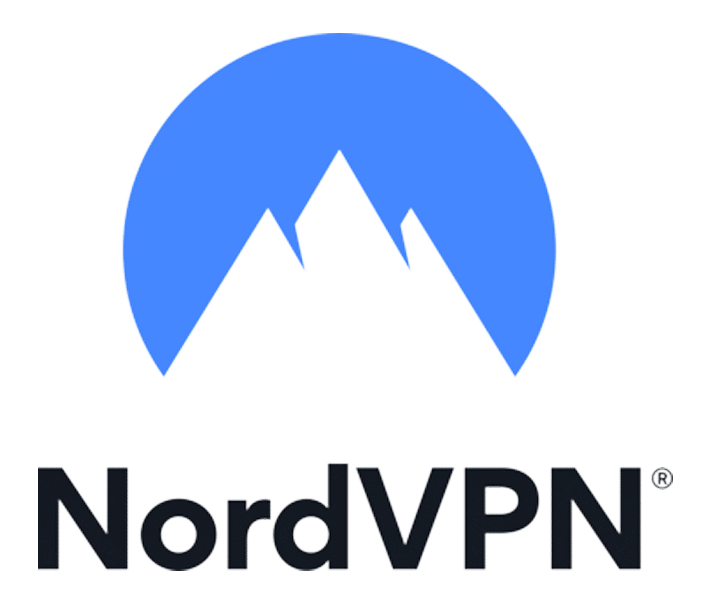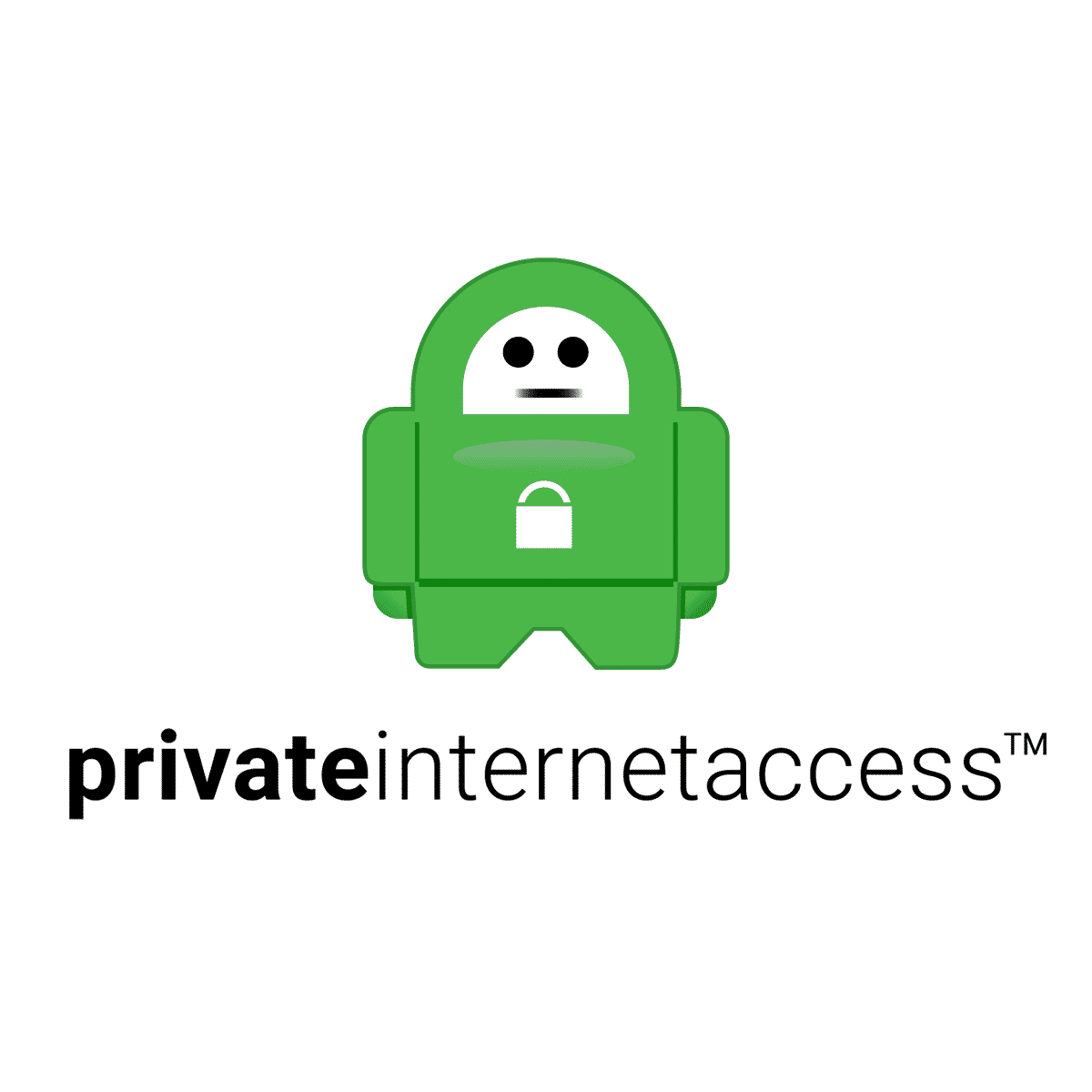Should You Use a VPN? Advantages and Disadvantages of a VPN Explained

When the World Wide Web got fully operational, engineers were more concerned with getting information from one device to another. Despite all the advantages of having an internet connection, there are several bottlenecks to using one in the 21st century.
Cybercriminals have made a venture of exploiting the data of internet users. This article, therefore, assesses why and how VPNs can help mitigate the potential risks of surfing the internet.
What is a VPN?
Virtual Private Network is a combination of technologies compounded into service for the online protection of internet users. A VPN service, in its simplest form, allows internet users to assess online resources without compromising their privacy and security. By default, part of the rules of internet connectivity necessitates the assignment of an IP address to each device.
The IP address is analogous to the Social Security Number of each device. Security agencies, and sometimes hackers, can through it lay hands on the personal information of an internet surfer. Access to such personal info is made possible by tracing the digital footprint of the said user through their IP address.
To prevent the above scenario from manifesting, a VPN service can quickly cascade the device’s original IP address. Everyone subsequently seeing the device when it connects to the internet only sees a dummy IP address. Besides hiding IP addresses, the average VPN service also comes with encryption technology. The encryption technology helps to wrap VPN users’ data in multiple layers of code, making the raw data difficult to compromise. Individuals sending information over the internet without any form of encryption will have it exposed to interception.
A VPN creates a tunnel connection between your device and a remote VPN server. The server is usually the network hardware that does the many tricks of a VPN service. Thus, the network traffic coming from your device goes to the internet through the VPN server. This arrangement makes all data from users connected to a VPN server seem to be coming from the server. Therefore, all devices connected to the internet via a VPN server go anonymous.
Summarily, the primary benefits of VPN usage are anonymous internet surfing and protection of data integrity.
Advantages of Using a VPN
With the exponential growth of the internet, a lot of people now have access to an internet connection. Hence, the number of individuals and organizations that transact business online has equally experienced a climb. The presence of money-spinning ventures makes the internet a ripe field for hackers, and other cybercriminals. Some companies also harvest the data of online service users; with this, they can track your online shopping habits. Companies use such data to place targeted ads on websites and services that you frequent.
A VPN is far-reaching protection for the average internet surfer. Forthwith, here are some reasons why VPN usage might be essential for you:
1. You Love Using Public Wi-Fi
You are always on the road and almost always connect to a public network to access the internet. Is that description fitting for you? Then, you need to get a reliable VPN service ASAP. Public Wi-Fi is usually a hotbed for hackers routinely listening for unsuspecting users to exploit. You may wonder what hackers would want to assess on your device. Stuff like your login credentials to financial institutions, credit card info, and login details to social media accounts would do for them.
The hotel, café, and airport management undoubtedly have good intentions for providing free internet access to customers. But the security technology available on such public Wi-Fi is way too shabby to be trusted. For all you care, the hotspot could be from a hacker’s router. All they have to do is name the router after a famous brand and place it in a public place. And voila!, the data of all unprotected users connected to the network becomes accessible.
On the contrary, the robust encryption technology of reliable VPNs is enough protection. You can therefore use public Wi-Fi via a VPN without the fear of data compromise. Yes! The hackers may be able to lay hands on your encrypted data, but strong encryption like AES 256-bit makes the data packets impregnable.
2. Conduct Online Business Transactions
Like many millennials, you are probably one of several people who prefer banking and shopping online. Thus, leaving your banking and shopping details exposed, even on your home or office network.
Though it is true that the internet now sports better versions of connection protocols – HTTPS, it still leaves a lot of blind spots concerning user security. Even if websites cannot record your personal information, your Internet Service Provider (ISP) can.
Now, here’s how a VPN changes the narrative: it complements the robust HTTPS protocol, which secures all your interactions with websites. However, unlike HTTPS that limits protection to websites, VPNs secure your data on every online service – even with your ISP.
3. Access Company Resources from Remote Locations
Many organizations are starting to morph in their methods of getting work done. Since the outbreak of the coronavirus, many companies have seen an increase in their employees working remotely. However, there is a limit to the quality of online protection available to a remote worker relative to working onsite.
It is unsafe for remote workers to access confidential data on the company’s network using a questionable connection. Therefore, a VPN service makes up for the security handicap of remote workers. Providing strong encryption for presentation files, annual reports, company mails, etc., coming from locations with unsecured connections.
4. A Business with Online Presence
Are you a business owner who provides online services to customers? Your credibility with customer information determines their loyalty to your business venture. However, hackers often make minced meat of online services with poor security for customer databases. With the protection that VPNs afford, you can protect customer data like login details, browsing or shopping history, etc.
Are There Downsides to Using a VPN?
Though VPNs come with manifold benefits, security-wise, some inconveniences may still arise with the use of a VPN. These include:
1. Reduction of Connection Speed
Due to the encryption technology that comes with most VPNs, its usage usually leads to a reduction in connection speed.
2. Does Not Come Cheap
If you are a professional network administrator, setting up a VPN for free might not be a problem. However, the average computer user would need to purchase a VPN service that comes with a user-friendly interface. But some of the VPN subscriptions on offer by reliable providers can be a drain on the pocket.
3. Criminal Offense in some Countries
Local authorities in some countries criticize the use of certain online services or the entire internet. The cyber-surveillance team may be ignorant of your online activities, but they can tell if you are using a VPN. Such governments use strong firewalls with Deep Packet Inspection features to detect VPN usage. Defaulters may serve jail time if caught. There are, however, some VPN services that have features that can mask the digital trail of users. Simply put, no one will be able to pin your identity or your VPN usage.
Conclusion
Got concerns about your online privacy? Get a VPN! Sharing sensitive information via the internet? Get a VPN! You may want to further watch the latest releases on Japanese Netflix and evade geo-restrictions with a VPN. Protect yourself, and enjoy your browsing experience.







